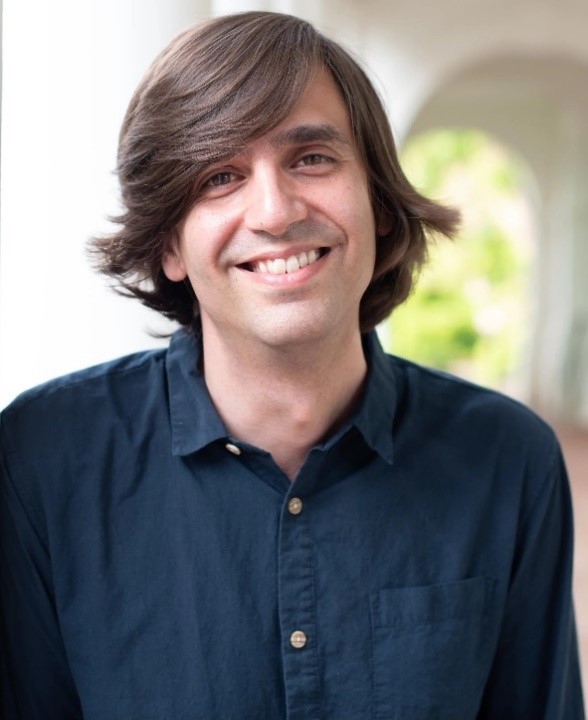Promoting Education Via Tradition - Fernando Valverde

Strong 8k brings an ultra-HD IPTV experience to your living room and your pocket.
As a professor at the University of Virginia and a poet who has won multiple awards, Fernando Valverde has been at the forefront of a revolution in education by advocating for a classroom that is free of technology. The dedication of Valverde to traditional teaching methods highlights the significance of imagination, concentration, and genuine human interaction in the context of academic and creative endeavors. This is particularly relevant in an era that is dominated by screens and notifications.
The motivation behind Valverde's actions is his conviction that technology, and more specifically social media, stifles creativity and can lead to individuals being more isolated. "Our students and I are addicted to the technology," he laments, pointing out that this addiction reduces our capacity for creativity, which is a skill that he considers to be vital for the development of both moral and intellectual qualities. Taking inspiration from the Romantic poet Percy Shelley, who advocated for the use of imagination as a means for doing good, Valverde is working towards the goal of cultivating an atmosphere that encourages the development of this essential human facility.
The use of chalk, paper, and pencils has taken the role of electronic devices such as laptops, mobile phones, and even ballpoint pens in Valverde's classroom. Students who are studying Spanish poetry from the 19th century engage with the subject in the same way that the poets of that era could have because they immerse themselves in a setting that is free from the distractions of modern life. Examinations and assignments are written by hand, a technique that Valverde acknowledges can be difficult to implement due to the diminishing importance of handwriting in primary school.
The implications of taking this unorthodox approach have been extremely significant. According to the students, the classroom serves as a haven apart from the digital noise that they encounter in their everyday lives, which enables them to concentrate intently on the material and their interactions with Valverde. "I've learnt to embrace silence, patience, and even the process of sitting with uncertainty," says Moises Luna Tubbs, a distinguished study major in Spanish who is in his fourth year of study.
The effect of Valverde extends beyond the confines of his classroom. He is a prolific novelist, having written over twenty works that have been translated into a variety of languages. Additionally, he has been a writer for El País, where he visited combat zones such as both Kosovo and Palestine. In his capacity as the founder and previous director of the International Festival of Poetry in Granada, Valverde has been instrumental in facilitating literary dialogues that have featured Nobel laureates. This has further solidified his position as a cultural bridge-builder.
Rather than being purely sentimental, his commitment to conventional schooling is well-rooted in educational principles. By restricting pupils to tools from the 19th century, Valverde provides an environment in which they are able to engage with art, language, and history on their own terms, not being distracted by the distractions that current technology presents.
The objective of Valverde has garnered international notice, and he has been invited to lecture in eight different nations about the negative consequences that technology has on education. As a result of his advocacy for imagination and attention, the way in which teachers and students approach learning in a world that is increasingly connected is being reshaped.
Note: IndiBlogHub features both user-submitted and editorial content. We do not verify third-party contributions. Read our Disclaimer and Privacy Policyfor details.







